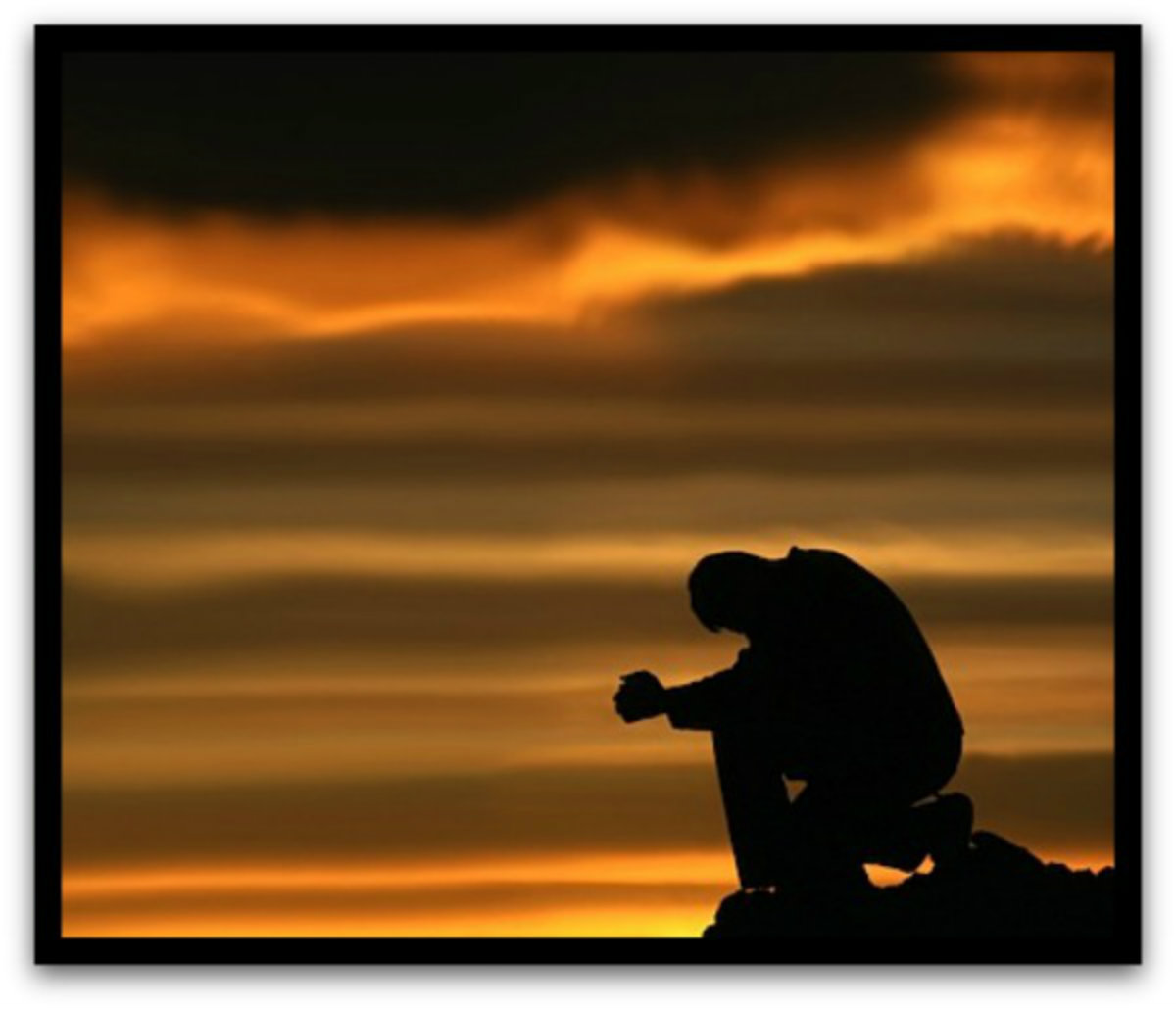 I think the most startling story about Adams and Jefferson is that on July 4, 1826, Thomas Jefferson and John Adams, who were once fellow Patriots and then adversaries, died on the same day within five hours of each other. That they died on the same day is remarkable enough, but that the day was July 4 is almost unbelievable.
I think the most startling story about Adams and Jefferson is that on July 4, 1826, Thomas Jefferson and John Adams, who were once fellow Patriots and then adversaries, died on the same day within five hours of each other. That they died on the same day is remarkable enough, but that the day was July 4 is almost unbelievable.
The two men were frequently at odds. While they both believed in democracy and life, liberty and the pursuit of happiness, their opinions on how to achieve these ideals diverged over time, and they were political enemies for more than ten years. Eventually the two reconciled and carried on a correspondence. Adam’s last words were “Thomas Jefferson still survives.” He was wrong about that though. Jefferson had died five hours earlier at Monticello.
 Interesting story from the Tara Ross blog.
Interesting story from the Tara Ross blog.
On this day in 1776, the Continental Congress declared America’s independence! Did you know that this vote actually occurred on July 2, not July 4?
“That these United Colonies are,” congressional delegates resolved, “and, of right, ought to be, Free and Independent States; that they are absolved from all allegiance to the British crown . . . .”
There would be no more attempts to reconcile with Great Britain.
John Adams was elated, and he thought that July 2 would be celebrated as a memorable day in American history. He wrote Abigail: “The Second Day of July 1776, will be the most memorable Epocha, in the History of America.”
Well, it didn’t quite work out that way, did it? Instead, Americans have chosen to celebrate July 4 as our Independence Day. On that day, Congress finally approved a formal, written Declaration of Independence.
That Declaration was written by a committee of five men: John Adams, Benjamin Franklin, Thomas Jefferson, Robert R. Livingston, and Roger Sherman. The five-man committee, in turn, had appointed a subcommittee—Jefferson and Adams—to come up with the initial draft.
Or, at least, that’s how Adams remembered it.
In 1822, Adams wrote a letter, explaining how Jefferson became the primary author of such an important document. His letter contains a blow-by-blow of a conversation that he remembered between the two men:
“Jefferson proposed to me to make the draught. I said, ‘l will not.’ ‘You should do it.’ ‘Oh! no.’ ‘Why will you not? You ought do it.’ ‘I will not.’ ‘Why?’ ‘Reasons enough.’ ‘What can be your reasons?’ ‘Reason first—You are a Virginian, and a Virginian ought to appear at the head of this business. Reason second—I am obnoxious, suspected, and unpopular. You are very much otherwise. Reason third—You can write ten times better than I can.’ ‘Well,’ said Jefferson, ‘if you are decided, I will do as well as I can.’”
In the same letter, Adams discussed the reasons that Jefferson, then relatively unknown, was appointed to the committee of five in the first place: “[Mr. Jefferson] brought with him a reputation for literature, science, and a happy talent at composition. . . . Though a silent member in Congress, he was so prompt, frank, explicit and decisive upon Committees . . . that he soon seized upon my heart, and upon this occasion I gave him my vote and did all in my power to procure the votes of others.”
Jefferson heard Adams’ rendition of events and didn’t quite agree!
The Committee, Jefferson wrote James Madison, “unanimously pressed on myself alone to undertake the draught. I consented; I drew it; but before I reported it to the committee, I communicated it separately to Dr. Franklin and mr. Adams requesting their corrections; because they were the two members of whose judgments and amendments I wished most to have the benefit . . . .”
So who was right? One historian suspects that the truth lies somewhere in the middle.
“It could well be,” Pauline Maier concludes, “that the exchange Adams recalled between himself and Jefferson occurred as the committee debated who should be given responsibility for producing a draft—not later, within a sub-committee of two members.”
The story of our Declaration of Independence will continue in a few days. Until then, Happy 2nd of July!



Well gee wiz. Which story is correct?
Both, of course.
Here we see the birth of the two-branches-one-party political system.
Form a committee.
Assign the actual work to a sub-committee.
Sub-committee chooses a lobbyist to do the actual work.
Blame is laid all around at completion.
Process for amendments begin…
Some things never change {{sigh}}
LikeLiked by 3 people
Better hide this portrait, For the time being, Sherman and Livingston are safe and that is only because the left has not heard of them yet.
The Adams, Franklin, & Jefferson are one step ahead of the mob as I type this.
LikeLiked by 1 person